
- Article
- Article
Illuminated manuscripts, illuminating medicines
From rare bugs to exorbitantly priced plant parts, find out more about the artistic and medical uses of pigments from the past.
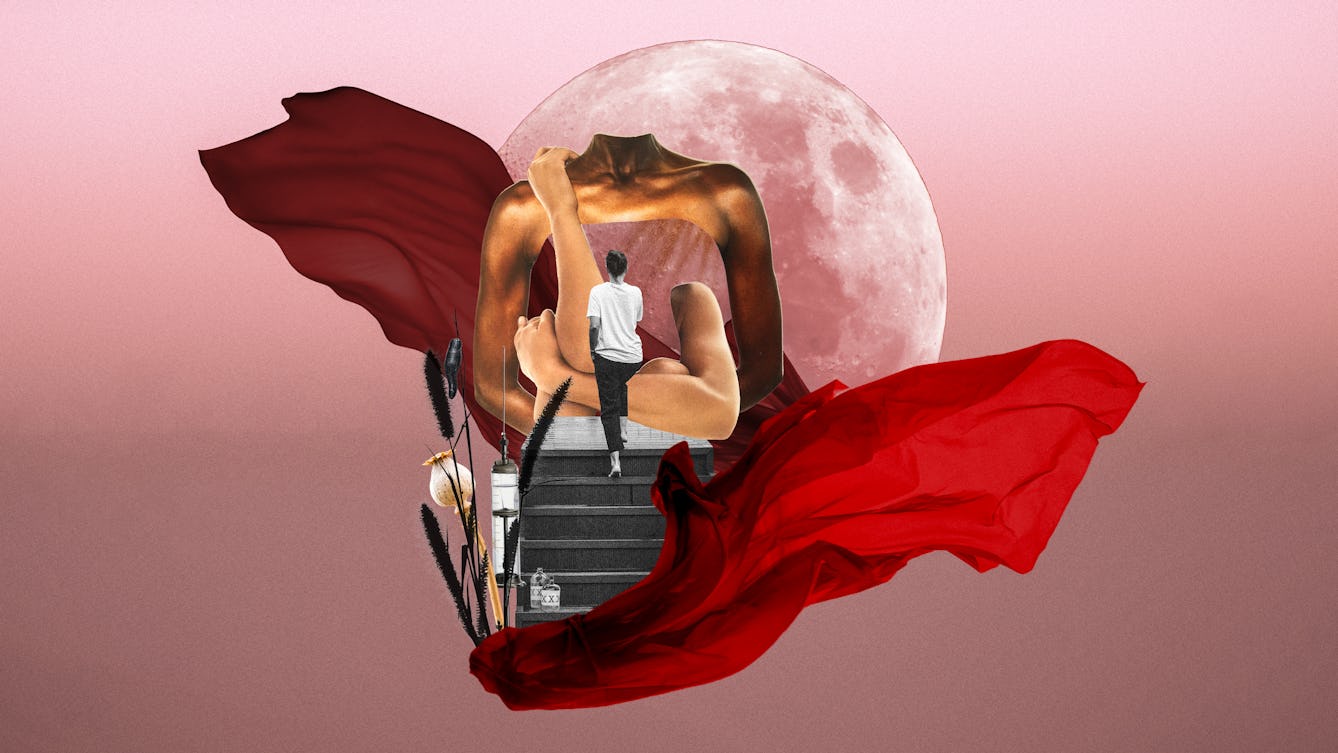
- Article
- Article
Blood
Discover the history, mythology and taboos around blood and menopause, and hear from some contemporary voices about their experiences of periods and the onset of menopause.
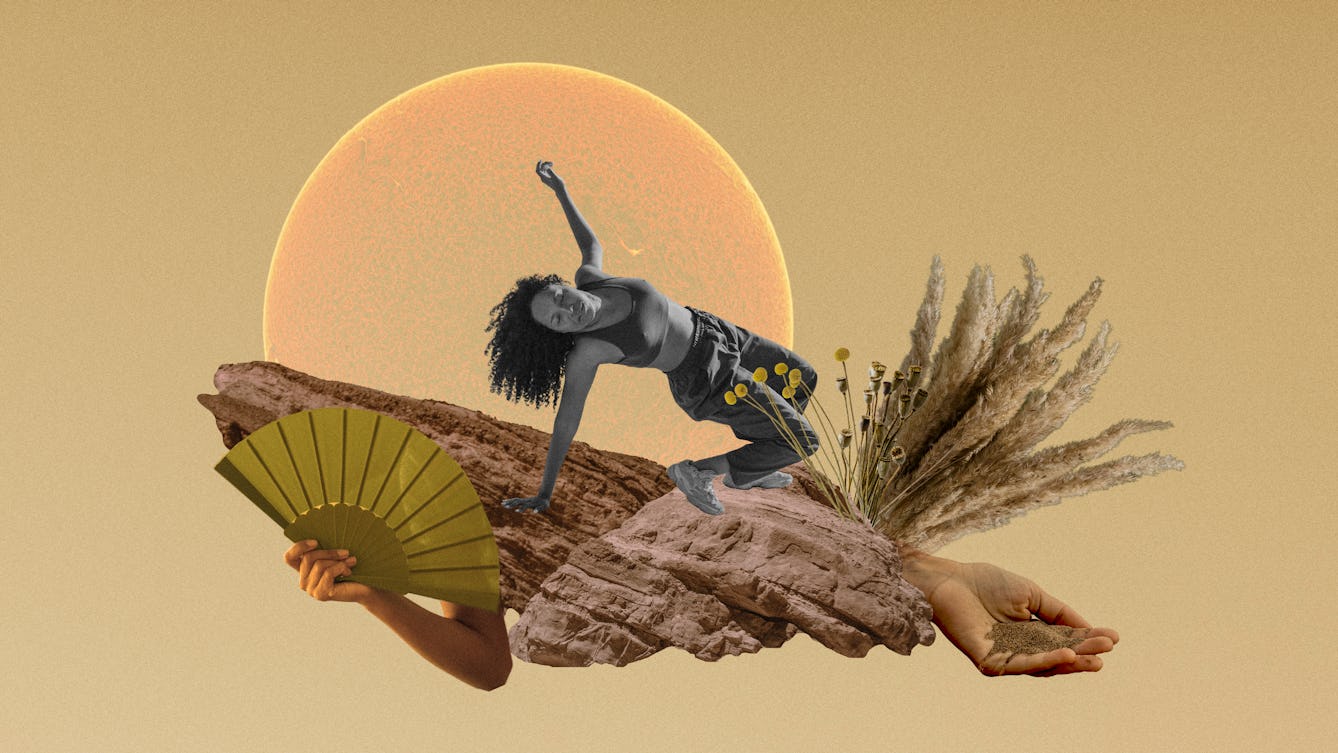
- Article
- Article
Heating up and drying out
Menopause doesn’t have to signify old age, but when your body feels like it’s letting you down, it’s hard not to believe that your useful life may be over.

- Article
- Article
Ginger’s role in cures and courtroom battles
Some people will use a dose of ginger to help with hangovers – but it hasn’t always been a friend to the thirsty.
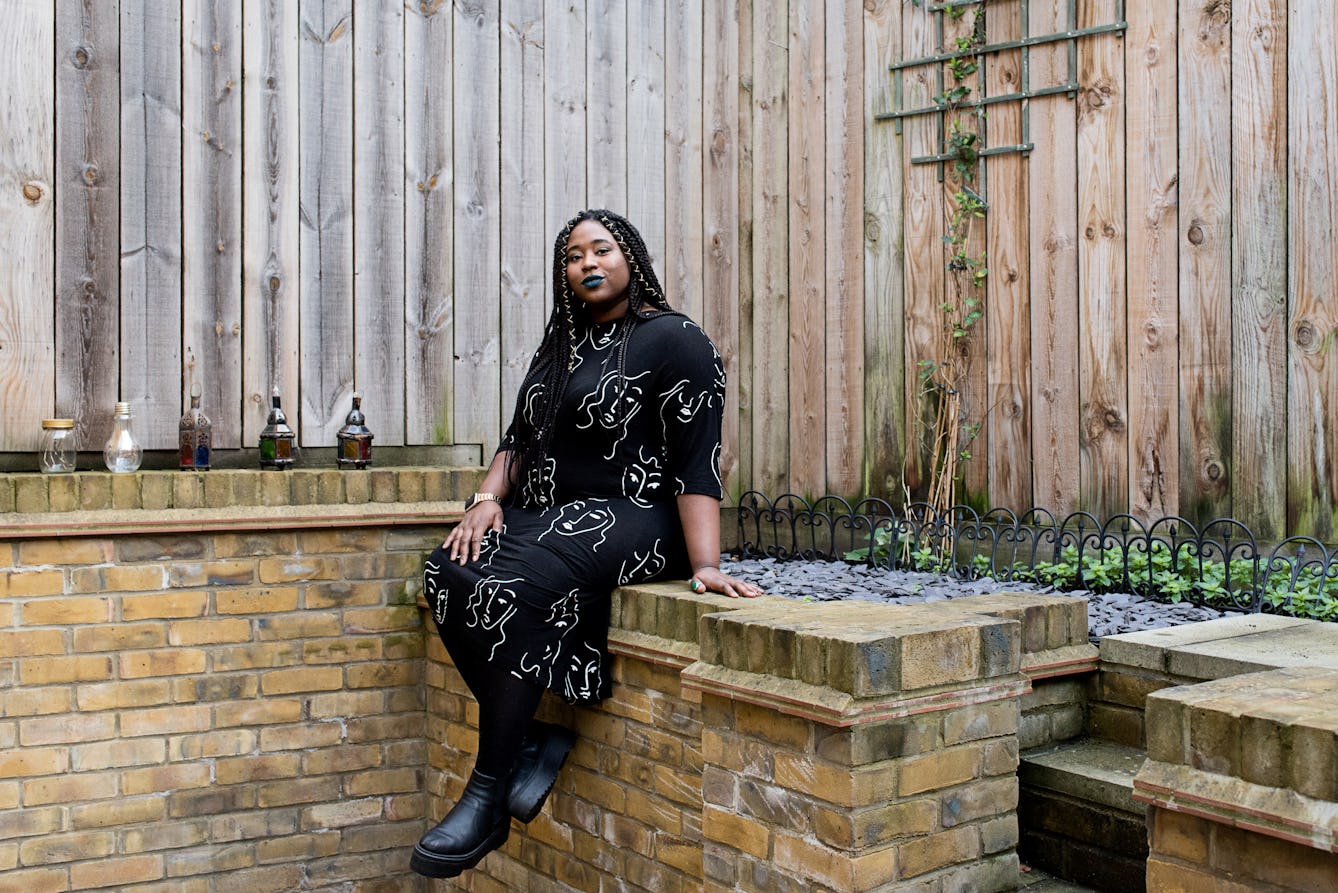
- Article
- Article
How the mental health system fails Black people
Accessing mental healthcare as a Black woman can be a challenging experience. Rianna Walcott shares her story, alongside those of three other women, to reveal the barriers she faced.
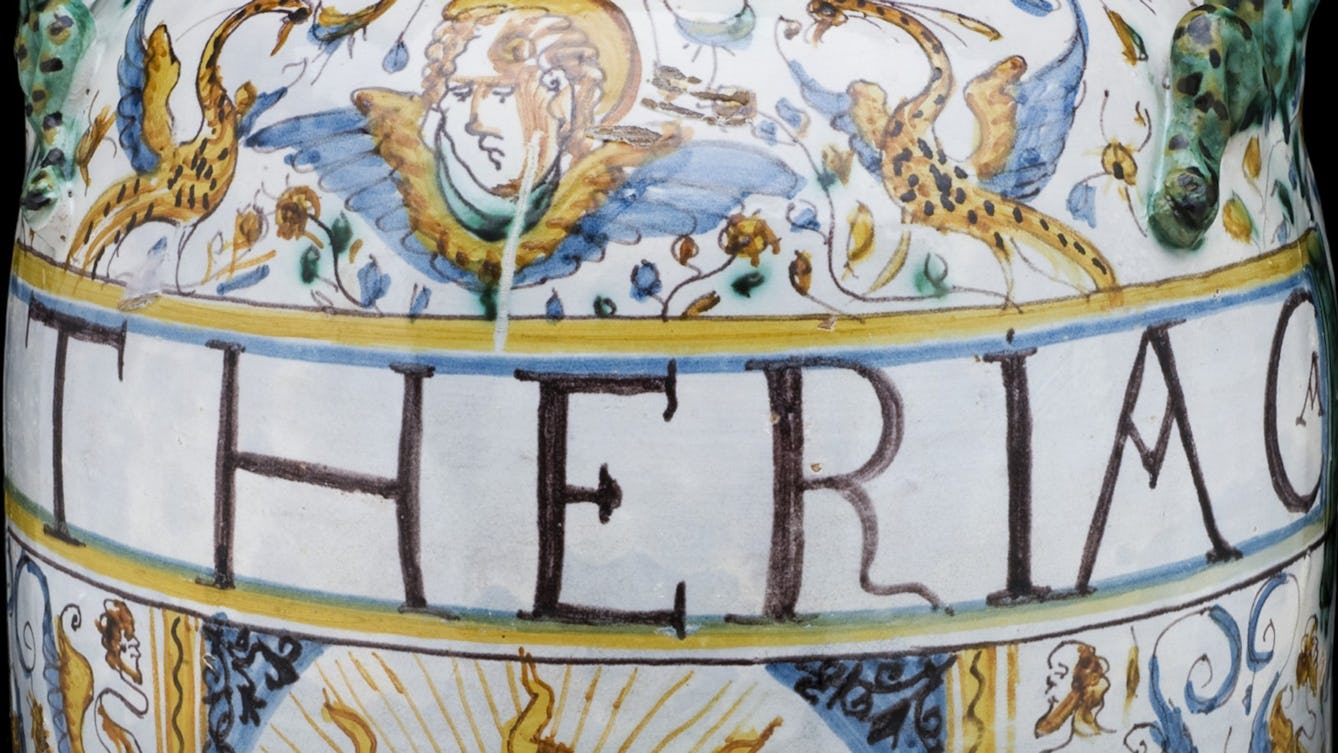
- Article
- Article
Theriac: An ancient brand?
The name theriac survived for around for two millennia as a pharmaceutical term. But a ‘brand’ name is not always a guarantee of quality.

- Article
- Article
How tuberculosis became a test case for eugenic theory
A 19th-century collaboration that failed to prove how facial features could indicate the diseases people were most likely to suffer from became a significant stepping stone in the new ‘science’ of eugenics.

- Article
- Article
The doctor who challenged the unicorn myth
Our era of fake news and medical misinformation is nothing new. Estelle Paranque relays the thrusts and parries of a 440-year-old row over a magical cure-all, the unicorn horn.

- Long read
- Long read
Healthy scepticism
Healthcare sceptics – like those opposed to Covid-19 vaccinations – often have serious, nuanced reasons for doubting medical authorities.

- Article
- Article
The case of the cancerous stomach
Steak and schnitzel were on the menu again after Theodor Billroth successfully excised a woman’s stomach cancer in 1881. Remarkably, today’s surgeons still perform the same procedure, with slight modifications.

- Article
- Article
Rediscovering Margaret Louden, a forgotten NHS hero
Bored during lockdown, David Jesudason started bin diving at night. Then a chance discovery set him on a new path: to tell the story of a forgotten female surgeon.

- Article
- Article
The father of handwashing
Doctors performing autopsies and then delivering babies – with not a hint of soap in between – was the grim recipe producing a lot of motherless offspring in the 1800s. But one man’s gargantuan efforts to upend accepted medical thinking turned the tide.
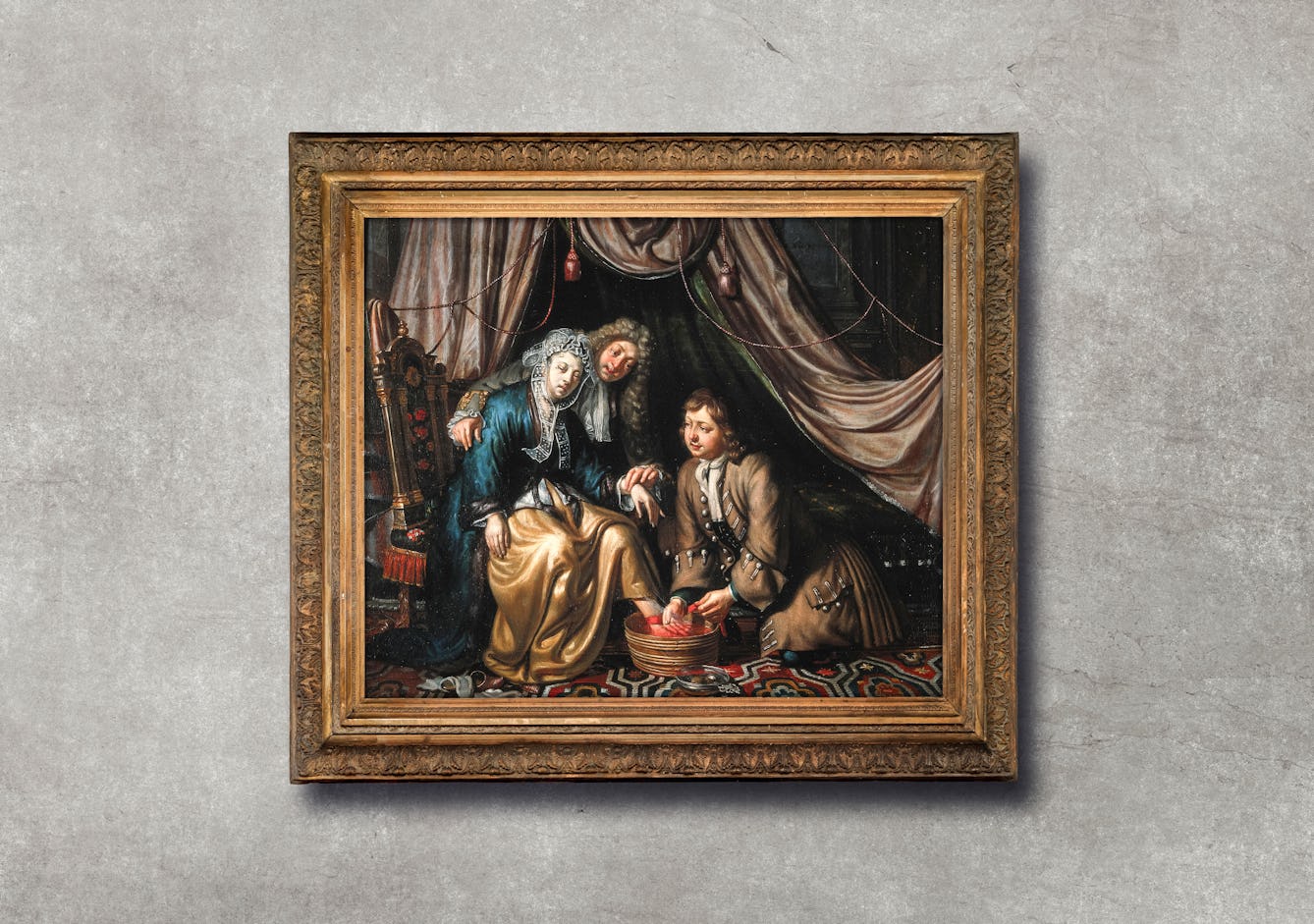
- Article
- Article
Bleeding healthy
For thousands of years, and in many different cultures, people have practised bloodletting for health and medical reasons. Julia Nurse explains where and when bleeding was used, how it was done, and why.
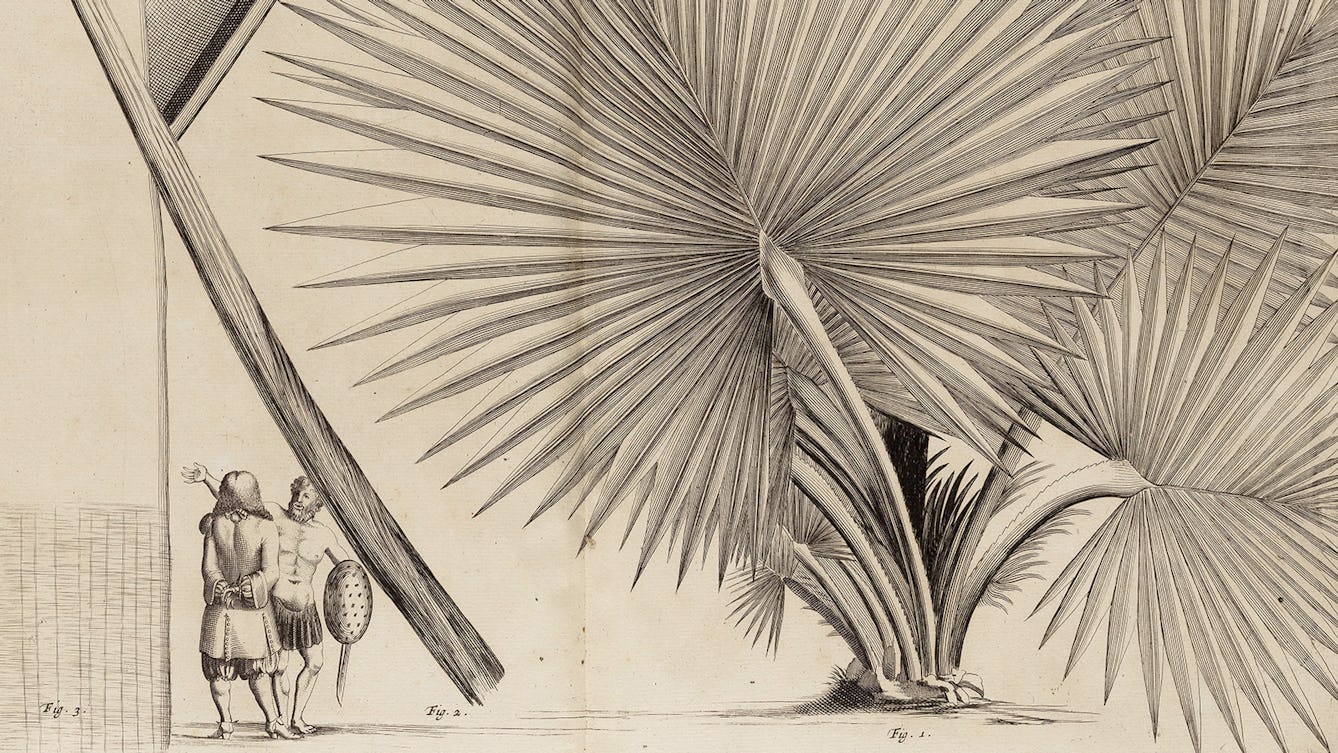
- Article
- Article
Indian botanicals and heritage wars
Colonial botanical texts, as astonishingly beautiful as they are, may cast very dark shadows.
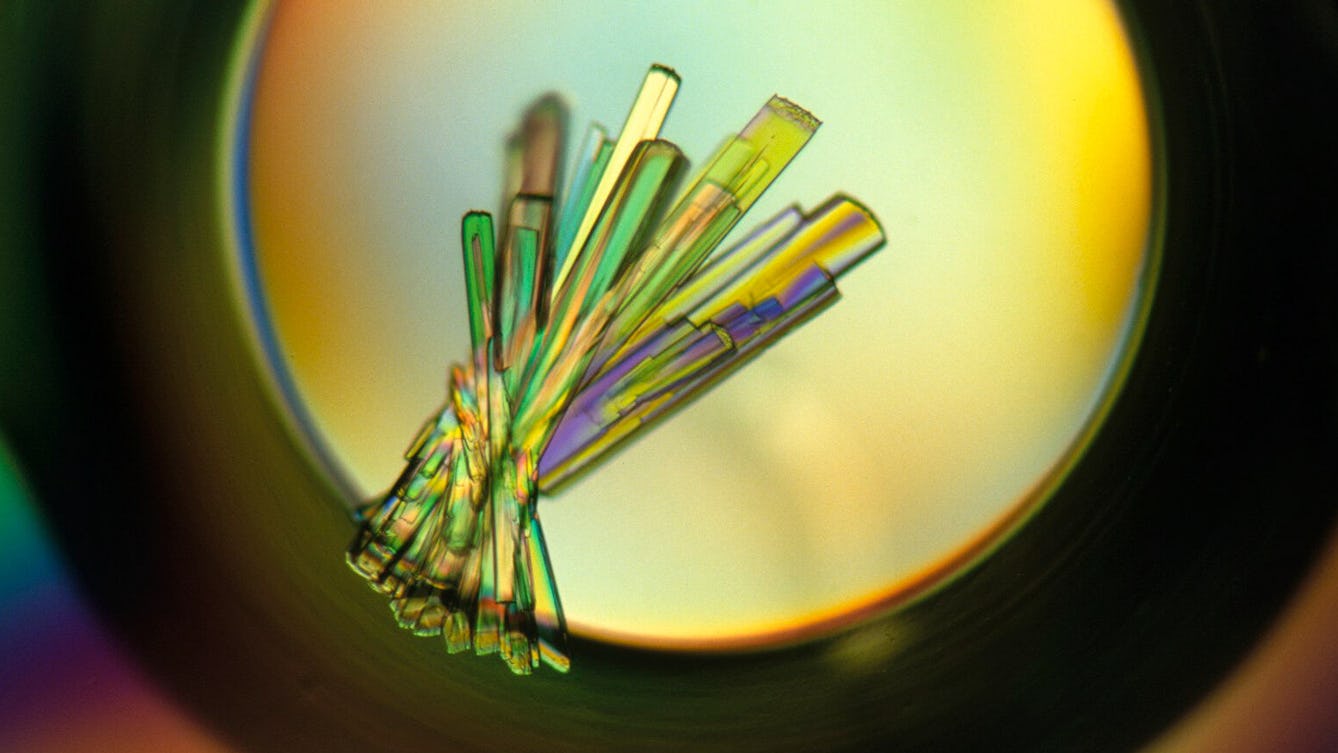
- Article
- Article
Why gene editing can never eliminate disability
In a world where DNA testing and gene editing offer ways to eliminate certain disabilities, Jaipreet Virdi explores a more accepting and inclusive approach.

- Article
- Article
What is structural violence?
Structural violence is seemingly invisible. But its tentacles have invaded every part of many people’s lives, thoughts, experiences and expectations, shaping them in ways they don’t even realise.

- Article
- Article
Shakespeare and the four humours
Blood. Phlegm. Black bile. Yellow bile. The theory of the four humours informed many of Shakespeare's best-known characters, including the phlegmatic Falstaff.
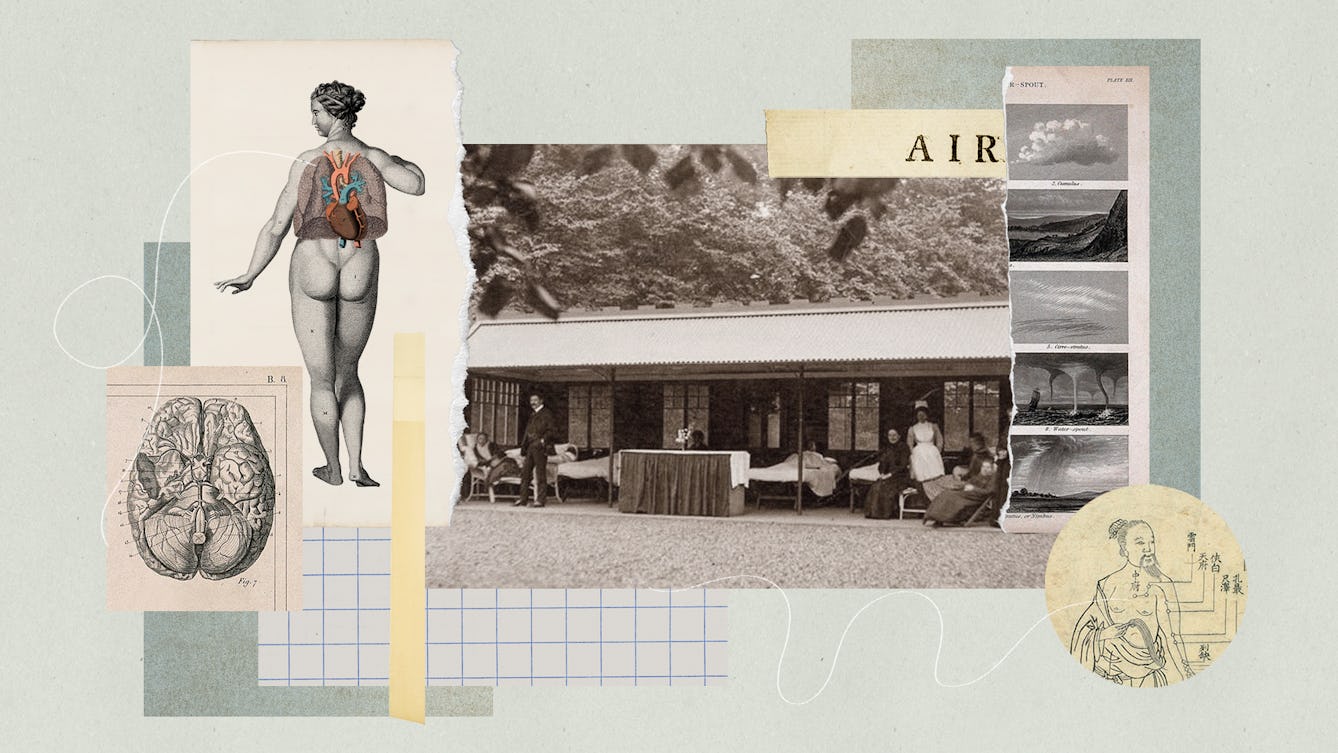
- Long read
- Long read
The ambivalence of air
Daisy Lafarge investigates the effects of air quality and pressure on body and mind, exploring air as cure, but one with contradictions.

- Article
- Article
The search for a cure for endometriosis
Discover how a white American doctor’s experimental operations on black female slaves laid the foundations for modern gynaecological surgery.
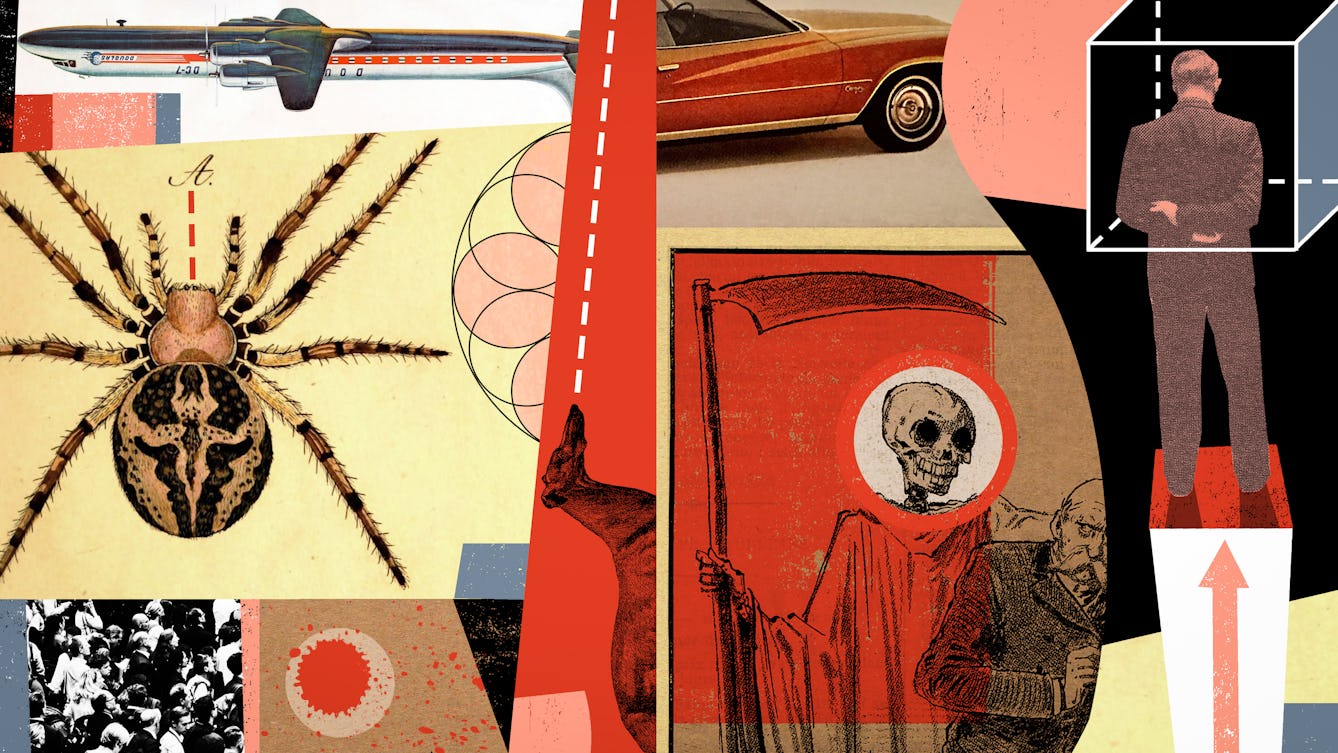
- Book extract
- Book extract
Tracing the roots of our fears and fixations
Kate Summerscale explores the history of our anxieties and compulsions, and the new phobias and manias that are always emerging.